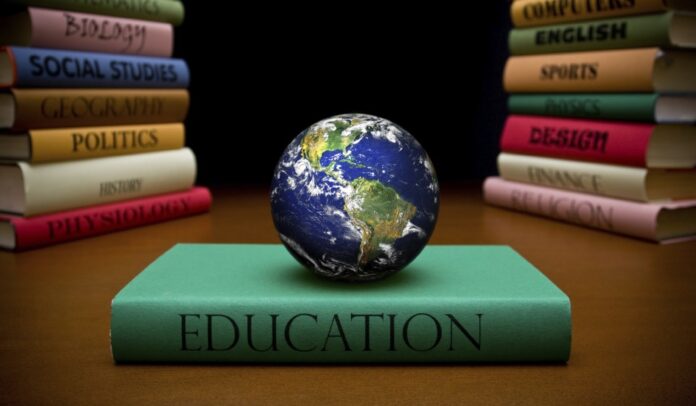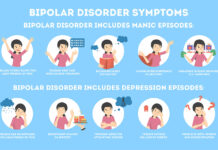Every citizen has a fundamental right to an education, which equips them with the skills necessary to function as sophisticated members of society.
The value of the answer to the question “Why is Education an Essential Factor in Our Life?” can be appreciated by examining the life of an ignorant and illiterate person who has never had the opportunity to visit a school and is suffering from the scourge of illiteracy. He or she is aware of the prominence, significance, and changes that education may bring about in a person’s life.
Illiteracy is extremely difficult because of its ongoing reliance problem. An illiterate person relies on other people to survive. Education gives students the confidence and opportunity to take flight and explore their surroundings. Education creates better people, better people create better societies, and better societies create great nations.
Education’s function in India
With talented and educated youths, education has the capacity to transform the trajectory of a country. To reach its desired economic growth and join the group of countries known as developed nations, a country must have a higher rate of economic development. A country with a high level of education removes any barriers to growth and works hard to achieve sustainable development.
In India, the term “education” refers to the process of developing human capital through instruction at colleges and universities. Specific economic strategies that highlight the value of education in India are reflected in the Indian government.
Aspects that Influence the Value of Education in India
Get rid of the cyclical unemployment
“Unemployment” is one of illiteracy’s major effects. A country’s progress is hampered by unemployment, which results in low living standards and a higher crime rate.
Nearly 58 percent of unemployed graduates in India are graduates, and 77 percent of households do not have a regular source of income. A little more than 67 percent of people make less than 1.2 lakh per year in income.
Given the current situation, India cannot risk sending any child to an unenlightened future full of unemployment and suffering.
eliminates poverty
One of the worst effects of illiteracy is poverty, which is on the decline in India as one of the economies with the highest growth in 2020. India held the distinction of harboring the vast majority of the world’s destitute up until the year 2012.
Nearly 70.6 million people in India still live in extreme poverty, and education is the only way to break the poverty cycle. Higher literacy rates lead to greater access to employment, which improves living conditions.
Removes Casteism
India’s caste system is the world’s oldest continuously existing social structure. In India, discrimination based on caste obstructs the path to sustainable development. The web of prejudice, deprivation, and insufficient resources persists in a society that discriminates on the basis of caste, creed, race, religion, or color.
Illiteracy is a factor in the widespread use of orthodox traditions. An individual’s perspective on caste discrimination alters as a result of education. It transforms a person into a caste-neutral progressive with a desire to positively impact the country.
Economic Growth and Stability
A nation can attain economic progress and stability with the support of education, which is a crucial tool. Twenty million young people live in India; each year, they complete their education in a variety of fields and go on to contribute to the country’s economic growth.
Education of children and adults exposes latent potential that can help India move toward development.
Changes in health and hygiene
High illiteracy rates are correlated with unsanitary living conditions and bad health. India has moved past the decades when diseases caused by a lack of healthcare services and inadequate sanitation claimed millions of lives in India.
Schemes like the “Swachh Bharat Mission,” “Rashtriya Bal Swasthya Karyakram,” etc., entice people to join the fold safely in order to improve the health and hygiene sector of the nation. A literate person learns about hygiene and health issues as well as government initiatives and benefits from them.
At last, “The more you read, the more you’ll know, and the more you learn, the more places you’ll go,” the saying goes.
































